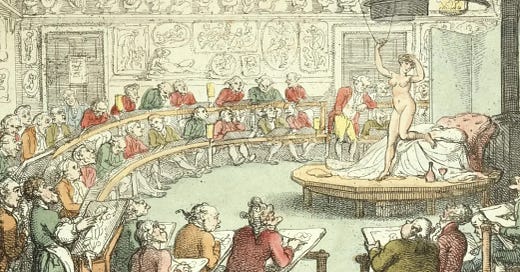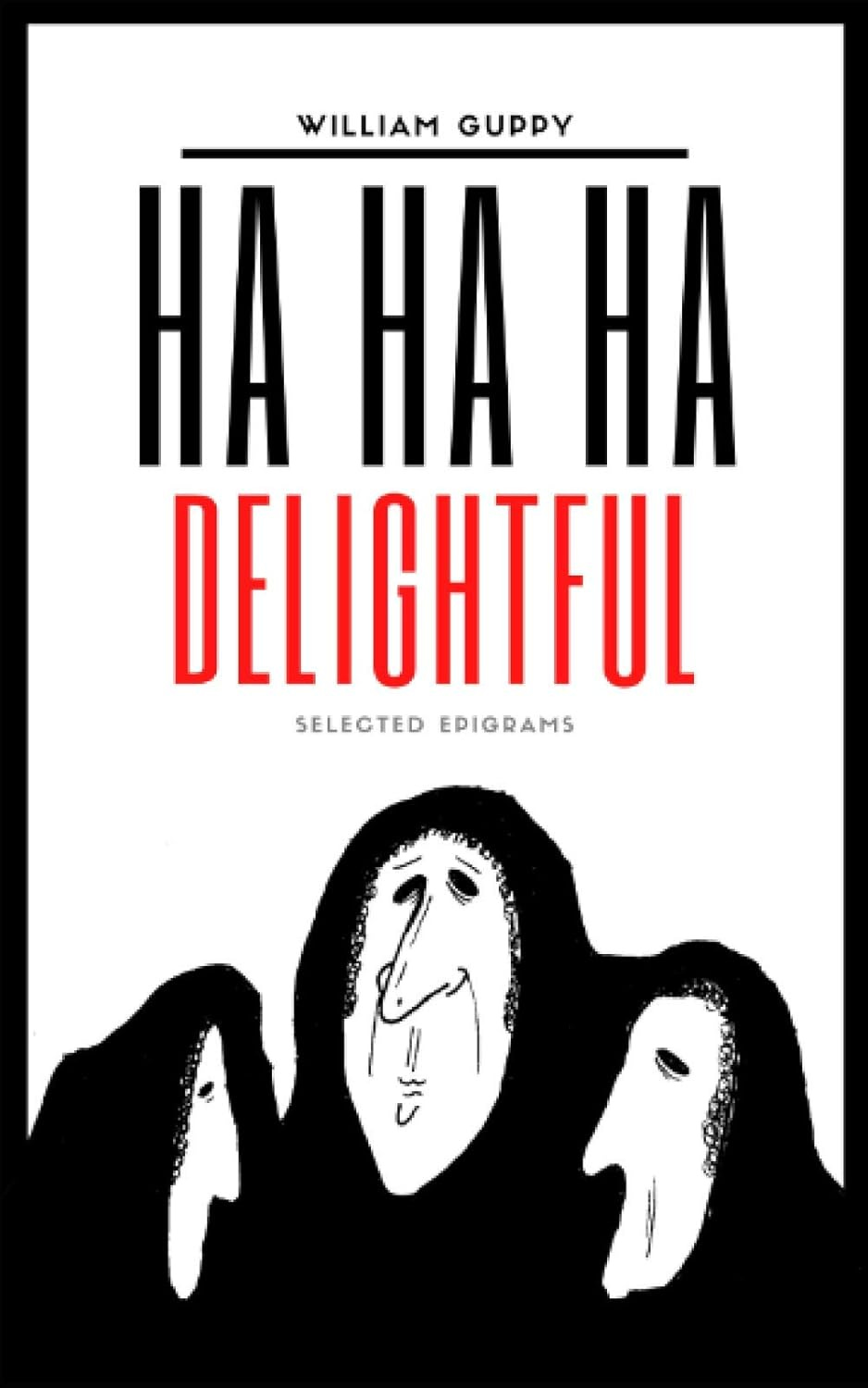There is a lot of fuss being made about the fact that only 12% of Literature students have the requisite reading level to understand the classics. Having been a student of Literature myself some ten years ago I hardly find this surprising. We have always been the stupidest, most illiterate beasts on campus.
The study making the rounds seems to take for granted that students of Literature would be the most literate of students. This is a bit like thinking that your dyslexic child must be an excellent reader because of all the extra practice lessons he is doing with Mrs Brampton. In reality, a Literature degree is for those students who are not yet ready for serious academic texts, having never surpassed the ability to read made-up stories. Had they given the same test to students of Biology, Economics, or even the grunts in Business Studies, the results would almost certainly have been more favourable. Practically the only students who could have possibly done worse than Literature students are the Chinese students who speak little English, and even that is questionable.
Literature students, as a rule, do not read. They certainly do not read the material assigned to them. When I was a student the brazenness with which students would admit their ignorance of the course texts to peers before bluffing their way through a seminar was frankly impressive. One girl, who seconds before had told us in the corridor that she had not read a single word of the novel, had the gall when called upon in the seminar to claim — with no further elaboration — that the whale in Moby Dick was symbolic of black femininity. Since she herself was black, the rest of us could do nothing but nod along in sage agreement.
If students of Literature do read anything, it is not the assigned material of their university course, but popular fiction. They will proudly proclaim — in a seminar intended for the serious study of literature — that their favourite book was written by John Green. This was the case of one girl on my course who, during one of those awful round-table discussions in which everyone must give an answer, told us that her favourite book was The Fault in Our Stars. The girl was clearly very ill, being wheelchair bound, and I later found out that she, like the protagonist of the book, suffered from leukaemia. While I don’t believe that identification with a fictional character’s illness is a good criteria with which to determine one’s literary taste, I did respect her in one regard: She was the only person who had any sense in choosing to study literature because she was the only one who would never have to work afterwards.







Ha! No one skewers us like us!